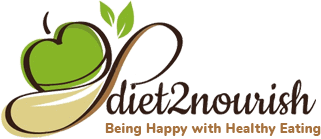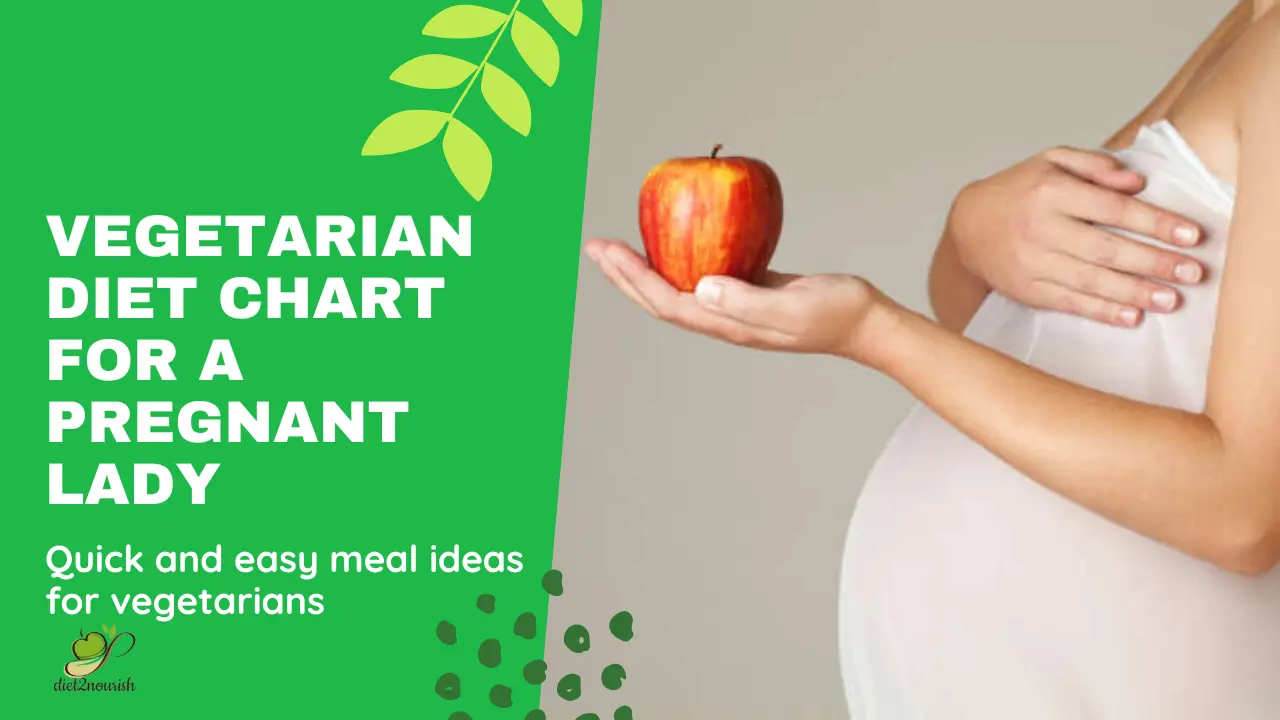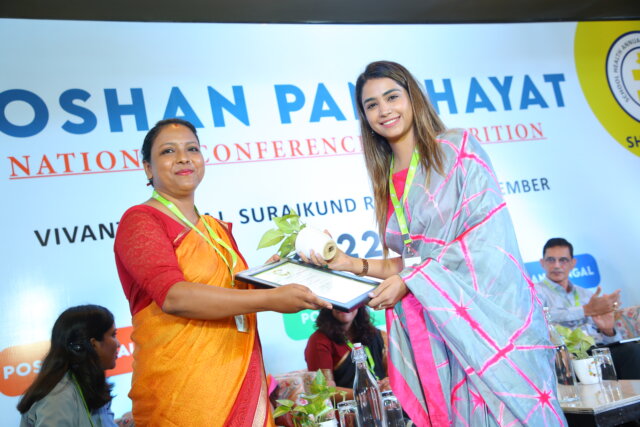Vegetarian Diet Chart For Pregnant Lady
Embrace your maternity period with this vegetarian diet chart for a pregnant lady. Complete your nutritional intake for a healthy pregnancy and convenient delivery. You can choose various food and meal options for your pregnancy lifestyle.
Furthermore, if you are vegetarian and want to manage nutrient intake, then consider this vegetarian diet chart for a pregnant lady. This diet chart is packed with numerous foods that are beneficial for the mother and the baby.
A vegetarian diet chart for a pregnant lady ensures proper growth and development of the foetus. It also promotes the health and strength of the mother. Moreover, it nourishes their bodies for a better future.
Nutritional intake for a pregnant woman during pregnancy
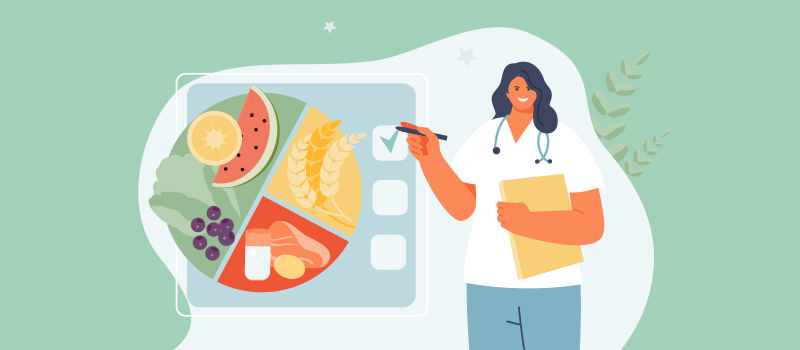
Given below is the nutritional intake for a pregnant woman during pregnancy:
- A pregnant woman should aim to consume about 75-100 grams of protein
- Moreover, 70-80 grams of fat should be included in the diet
- Furthermore, 225-325 grams of carbohydrates should be consumed daily
- A pregnant woman should consume at least 1,000 milligrams of calcium
- In addition, 400-600 micrograms of folic acid should be consumed daily
A few important Dietary measures you should take during pregnancy:
A pregnant lady can follow these measures with a vegetarian diet plan:
1. Eat a balanced diet with a variety of foods from all food groups:
A pregnant woman should consume a mix of fruits, vegetables, whole grains, lean protein, and healthy fats. This will provide the necessary nutrients for the baby’s growth and development.
2. Consume more protein, iron, calcium, and folic acid:
Protein is important for the baby’s growth. Iron can help prevent anemia. Moreover, calcium can help with bone development. Folic acid can help prevent birth defects.
Sources of protein

- Lentils
- Chickpeas
- Black beans
- Quinoa
- Tofu
- Tempeh
- Dairy products
Sources of iron
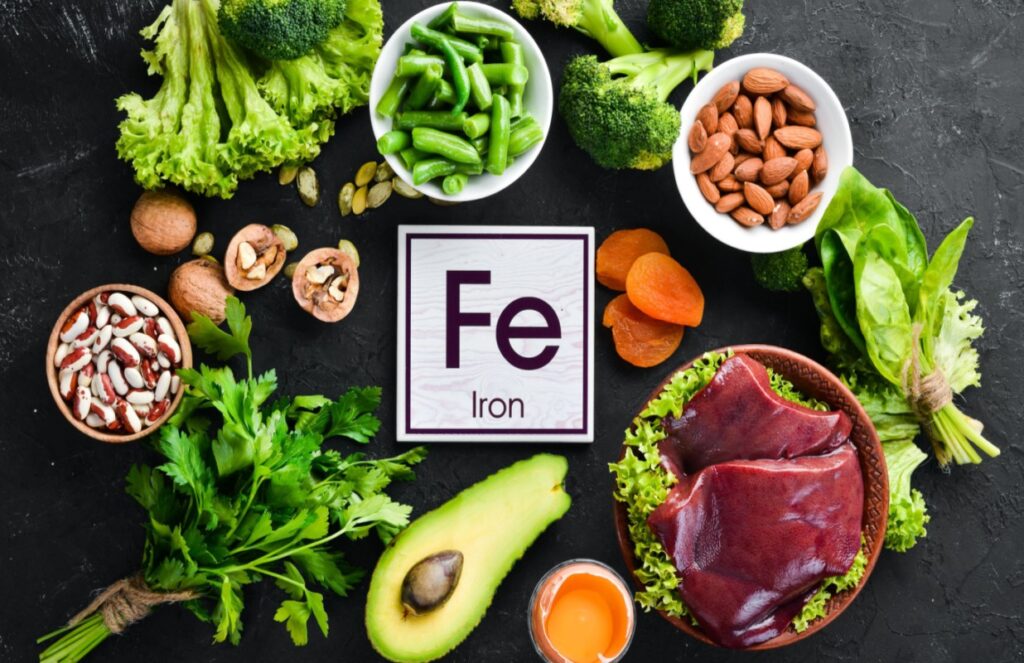
- Spinach
- Kale
- Broccoli
- Lentils
- Chickpeas
- Black beans
- Tofu
- fortified breakfast cereals,
Sources of calcium
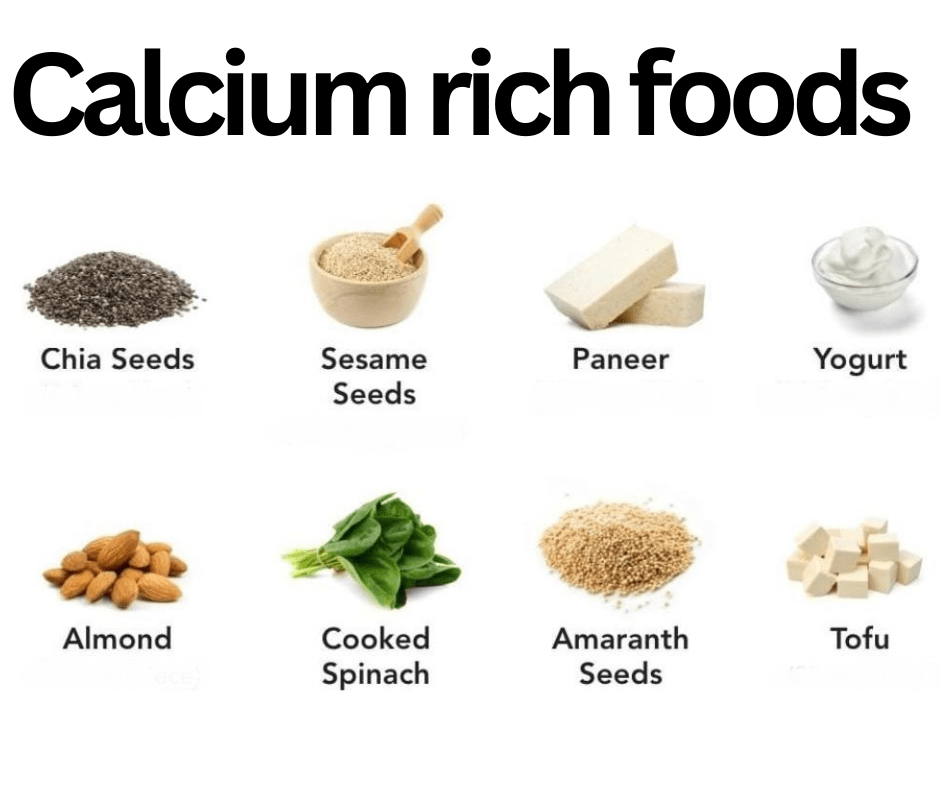
- Dairy products like milk, cheese, and yoghourt
- Fortified plant-based milks like soy milk and almond milk
- Leafy greens like kale and collard greens
- tofu made with calcium sulphate
- Fortified breakfast cereals.
Sources of folic acid
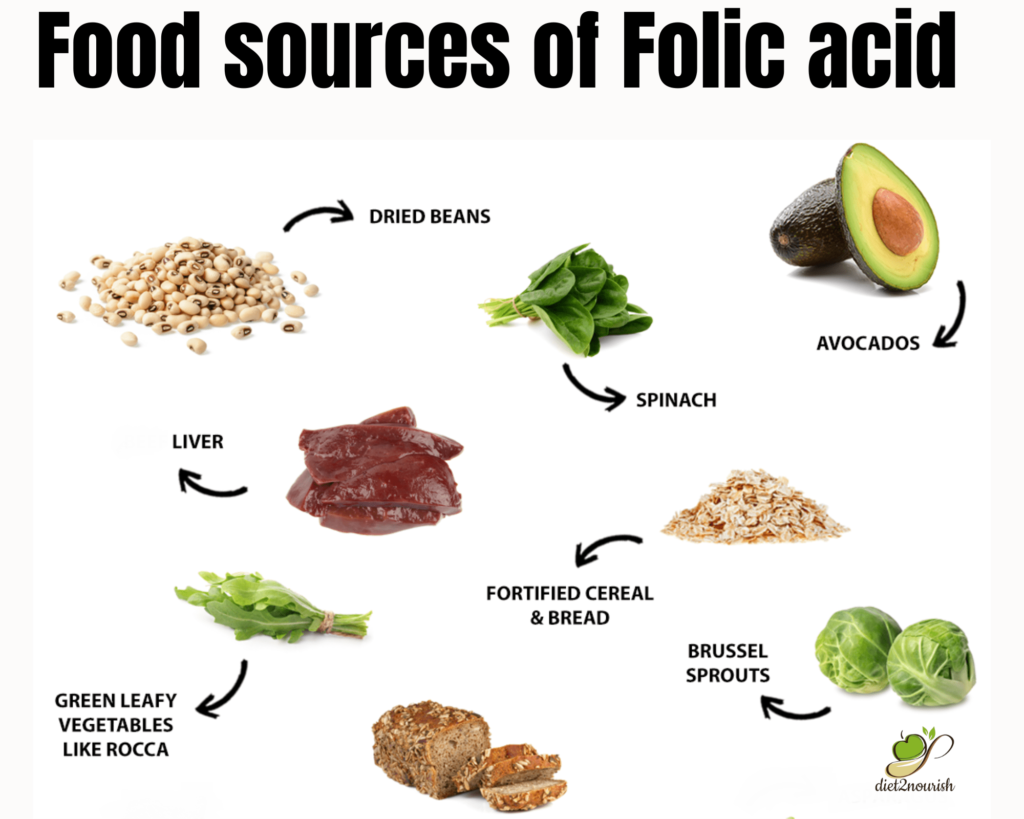
- Spinach
- Kale
- Collard greens
- Broccoli
- Asparagus
- Avocado
- Lentils
- Black beans,
3. Avoid certain foods:
Raw or undercooked meat, fish with high levels of mercury, and unpasteurized dairy products can pose a risk of foodborne illness. It’s important to avoid these foods to prevent harm to the baby.
4. Stay hydrated:
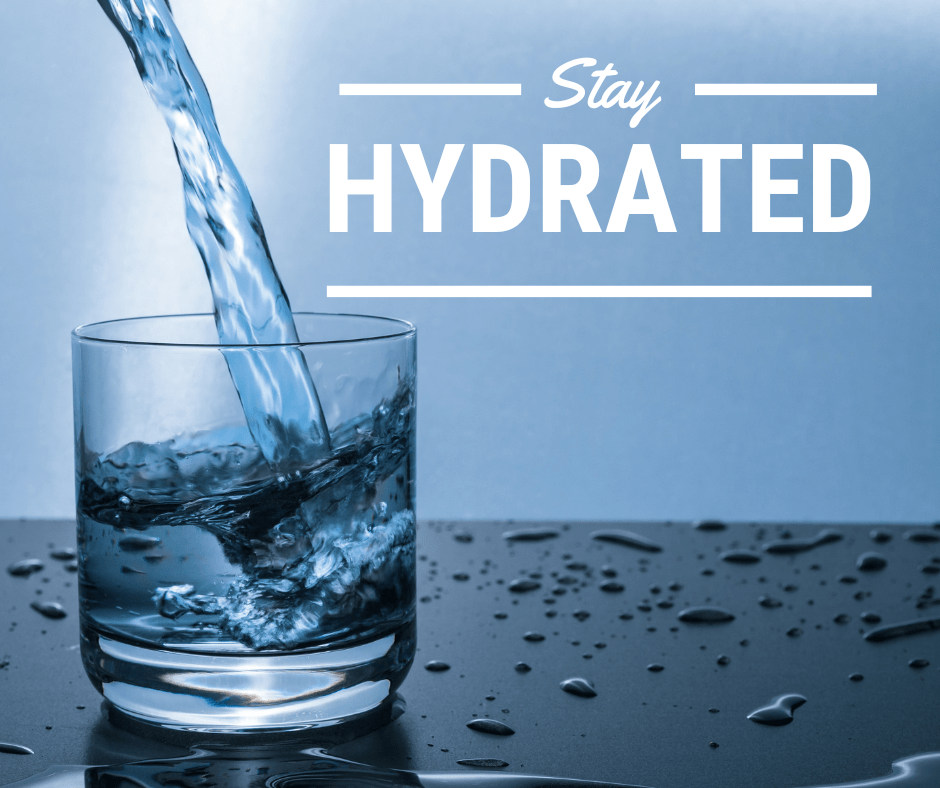
Drinking plenty of water is important to support the baby’s growth and development. It is to prevent dehydration.
5. Consult with a healthcare provider:
You can choose a nutritionist or a dietician for guidance on proper nutrition during pregnancy. Furthermore, follow their advice for adequate nutrition for the baby.
Fill your fruit basket with these Best fruits for a pregnant woman
1) Bananas:
Bananas are a good source of potassium, vitamin C, vitamin B6, and fibre.
2) Apples:
Apples are high in fibre and can help with digestion and boost the immune system.
3) Oranges:
Oranges are high in vitamin C, folate, and fibre. They can help with digestion and boost the immune system.
4) Berries:
Berries such as strawberries, blueberries, and raspberries are packed with antioxidants.
5) Mangoes:
Mangoes are high in vitamin C, vitamin A, and fibre. They can help with digestion and the immune system.
6) Avocados:
Avocados are high in healthy fats, fibre, and potassium. They can help with digestion and provide energy.
Top 6 Best vegetables for a pregnant woman
1) Spinach:
Spinach is high in iron, calcium, and folate. It can help prevent anaemia and promote healthy bone development.
2) Sweet potatoes:
Sweet potatoes are high in vitamin A, vitamin C, and fibre. It must be consumed by pregnant women.
3) Broccoli:
Broccoli is high in vitamin C, vitamin K, and fibre. It can help with digestion and promote healthy bone development.
4) Carrots:
Carrots are high in vitamin A, fibre, and potassium. Moreover, include them in a vegetarian diet for a pregnant lady.
5) Bell peppers:
Bell peppers are high in vitamin C, vitamin A, and fibre.
6) Kale:
Kale is high in iron, calcium, and vitamin K. It can help prevent anaemia.
Do you know about these beneficial beverages for a pregnant woman?
● Water:
Water is the most easily accessible fluid you can consume during your pregnancy. It is essential for staying hydrated. Moreover, it helps with digestion and circulation.
● Milk:
Milk is a good source of calcium, vitamin D, and protein. All of which are important for the baby’s growth and development.
● 100% fruit juice:
100% fruit juice provide vitamins and minerals, but it’s important to limit the amount because it can be high in sugar.
● Herbal tea:
Herbal tea can be a good alternative to caffeinated beverages. Furthermore, there are various herbal teas that you can consume. Chamomile tea is a popular choice that can help with relaxation.
● Coconut water:
Coconut water is a natural electrolyte that can help with hydration. Furthermore, it can prevent constipation.
● Smoothies:
Smoothies are made with fruits, vegetables, and yoghurt or milk. They can provide vitamins, minerals, and protein. Furthermore, they are important for the baby’s growth and development.
The most effective seven day Vegetarian diet chart for a pregnant lady
Eat according to this sample 7-day vegetarian diet chart for a pregnant lady:
Monday
- Breakfast:
Upma (semolina porridge) with vegetables
A glass of fresh orange juice
- Mid meal Snack:
Apple slices with almond butter
- Lunch:
Rajma (kidney bean) curry
Brown rice
Mixed vegetable raita
- Snack:
Roasted chana (chickpeas)
A glass of buttermilk
- Dinner:
Palak paneer (spinach and cottage cheese curry)
2 chapati (whole wheat flatbread)
Cucumber salad
Tuesday:
- Breakfast:
Vegetable omelette made with eggs, spinach, and bell peppers
A slice of whole wheat toast
A glass of fresh pomegranate juice
- Mid meal Snack:
Mixed fruit salad with a dollop of Greek yogurt
- Lunch:
Masoor dal (red lentil) with quinoa
Mixed vegetable salad
- Evening Snack:
Carrot sticks with hummus
- Dinner:
Aloo gobi (potato and cauliflower curry)
2 chapati
Mixed vegetable raita
Wednesday:
- Breakfast:
Poha (flattened rice) with vegetables
A glass of fresh pineapple juice
- Mid meal Snack:
Banana smoothie made with Greek yogurt and honey
- Lunch:
Chana masala (chickpea curry)
Brown rice
Mixed vegetable salad
- Evening Snack:
Roasted makhana (fox nuts)
A glass of coconut water
- Dinner:
Baingan bharta (roasted eggplant curry)
2 chapati
Cucumber raita
Thursday
- Breakfast:
Vegetable uttapam (savoury pancake) with coconut chutney
A glass of fresh watermelon juice
- Snack:
A medium sized apple and pear
- Lunch:
Bhindi masala (okra curry)
Brown rice
Mixed vegetable raita
- Evening Snack:
Roasted sweet potato wedges with a dollop of Greek yoghourt
- Dinner:
Paneer tikka masala (cottage cheese curry)
2 chapati
Mixed vegetable salad
Friday
- Breakfast:
Ragi (finger millet) porridge
A Glass of fresh mango juice
- Mid meal Snack:
Roasted beetroot and carrot chips with hummus
- Lunch:
Vegetable biryani with mixed vegetable raita
- Evening Snack:
Mixed fruit bowl with a dollop of Greek yogurt
- Dinner:
Methi matar malai (fenugreek and green peas curry)
2 chapati
Mixed vegetable salad
Saturday
- Breakfast:
Moong dal cheela (lentil pancake) with mint chutney
A glass of fresh kiwi juice
- Mid meal Snack:
Roasted peanuts and jaggery
- Lunch:
Aloo palak (potato and spinach curry)
A cup of brown rice
Mixed vegetable raita
- Evening Snack:
Carrot and cucumber sticks with hummus
- Dinner:
Dum aloo (potato curry)
2 chapati
Mixed vegetable salad
Sunday
- Breakfast:
Vegetable idli (steamed rice cake) with sambar and coconut chutney
One glass of fresh kiwi juice
- Mid meal Snack:
Roasted makhana (fox nuts)
A glass of buttermilk
- Lunch:
Vegetable pulao with mixed vegetable raita
- Evening Snack:
Apple slices with almond butter
- Dinner:
Chole (chickpea curry)
A cup of brown rice
Cucumber salad
Lifestyle changes that work best with vegetarian diet chart for a pregnant lady
Here are some lifestyle changes that you can choose while following the vegetarian diet chart for a pregnant lady:
● Stay active:

Engage in regular physical activity, such as walking, swimming, or prenatal yoga. They can help to maintain a healthy weight and reduce the risk of gestational diabetes.
● Get plenty of rest:

Getting plenty of rest can help reduce fatigue and improve mood. Moreover, pregnant women should aim for 7-9 hours of sleep per night.
● Manage stress:
You can Manage stress through relaxation techniques like meditation, or massage. Furthemore, they can help reduce anxiety and improve sleep.
● Prenatal care:
Regular prenatal care from a doctor or midwife is important for monitoring the health of the mother and baby. Moreover, for identifying and treating any potential complications.
● Avoid smoking and alcohol:
Smoking and alcohol can have serious negative effects on the health of the mother and baby. Furthermore, it should be avoided during pregnancy.
● Good hygiene:
Practise good hygiene. You can do so by washing your hands frequently. Moreover, avoiding contact with sick people, to help reduce the risk of illness.
● Avoid exposure to harmful substances:
Avoid exposure to harmful substances. It includes pesticides, cleaning products, and lead.
Watch out for these worst beverages for a pregnant woman
● Alcohol:
Alcohol can cause serious harm to the baby’s development, including foetal alcohol syndrome.
● Caffeine:
Caffeine can increase the risk of miscarriage and low birth weight. It’s recommended to limit caffeine intake to 200 milligrams per day.
● Sugary drinks:
Sugary drinks can contribute to excessive weight gain. Moreover, these drinks can increase the risk of gestational diabetes. In addition, high blood pressure, and complications during delivery are very likely to occur.
● Unpasteurized juices:
Unpasteurized juices can contain harmful bacteria, such as E. coli and salmonella. They can cause foodborne illness.
● Energy drinks:
Energy drinks contain high levels of caffeine and sugar. They can be harmful during pregnancy. Moreover, they contain other stimulants that affect the pregnancy.
● Herbal supplements:
Herbal supplements such as ginseng, goldenseal, and Yohimbe can be harmful. So, it is better to avoid them.
Dos and don’ts with the vegetarian diet chart for a pregnant lady
Some dos and don’ts with the vegetarian diet chart for a pregnant lady include:
Dos:
- Include sources of protein in your diet, such as beans, lentils, tofu, nuts, and seeds.
- Choose healthy fats, such as avocados, nuts, seeds, and olive oil.
- Drink plenty of water and other fluids to stay hydrated.
- Take prenatal vitamins as recommended by your doctor or midwife.
- Eat small, frequent meals throughout the day to help manage nausea and prevent heartburn.
- Cook foods thoroughly to avoid the risk of foodborne illness.
- Choose healthy snacks, such as fruits, vegetables, and whole-grain crackers.
- Listen to your body and eat when you’re hungry.
Don’ts:
- Don’t eat raw or undercooked foods, including meat, eggs, and fish, to avoid the risk of foodborne illness.
- Don’t consume unpasteurized dairy products, such as raw milk and cheese, which can be contaminated with harmful bacteria.
- Don’t eat fish that are high in mercury, such as shark, swordfish, king mackerel, and tilefish.
- Don’t consume alcohol, which can cause serious harm to the developing foetus.
- Don’t consume artificial sweeteners, which can be harmful to the developing foetus.
- Don’t skip meals, as this can lead to low blood sugar and other complications.
- Don’t consume processed foods and sugary drinks, which can contribute to various health problems.
- Don’t consume large amounts of soy products, as they may interfere with thyroid function.
Frequently asked questions
How can vegetarians get enough iron during pregnancy?
Answer:
Vegetarians can get enough iron during pregnancy by eating iron-rich foods. Leafy greens, beans, and fortified cereals are some of them. You can eat them to get iron during pregnancy.
What are some good vegetarian sources of calcium during pregnancy?
Answer:
Good sources of calcium for vegetarians are dairy products. You can also eat plant-based milks, tofu made with calcium sulphate. Moreover, you can eat leafy greens in your diet







